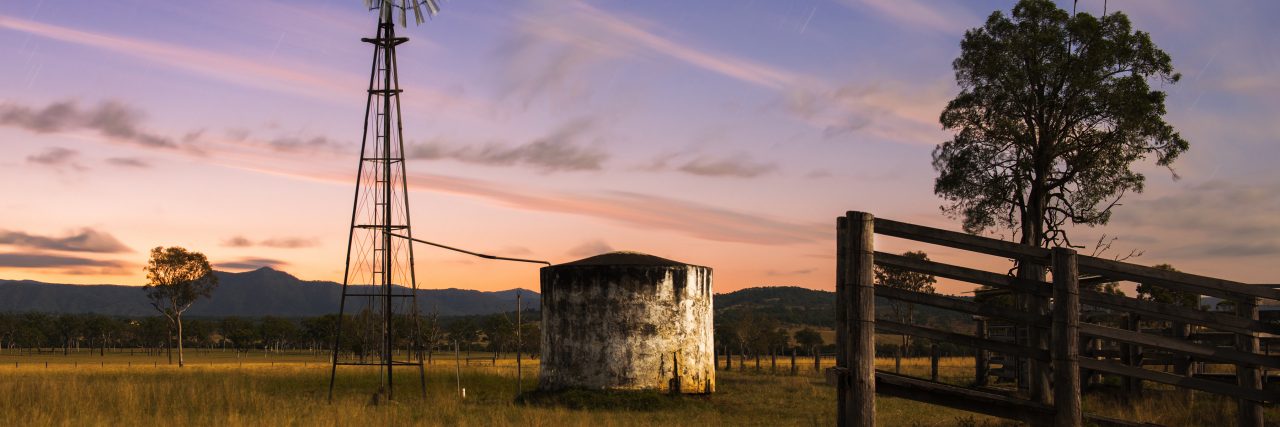When I was 10 years old, my twin sister, our best friend and I were in a four-wheeler accident and our friend died.
The most defining moment of my life in one sentence. All the times I’ve told my story, whether I wanted to or not, it always started the same, “When I was 10 years old…”
I grew up in rural Minnesota on what my mom called a “hobby farm.” We lived five miles from my tiny hometown. We went grocery shopping once a month because as a family of six, the only place to buy in bulk was an hour away. We thought nothing of driving half an hour to go to a friend’s house, the movies, etc. Now living in a mid-sized city, people seem astonished to hear that; half an hour for some people is too far away.
I hope this gives you an idea of the local culture I was raised in. My friend will have been dead for 17 years on July 28, 2017. I remember feeling the four-wheeler start to tip over right before I blacked out. I remember waking up on my abdomen, on the grass, with the four-wheeler on top of me. My sister ran for help while I waited, stuck under the four-wheeler, with our best friend dying next to me.
Most people would acknowledge this as a traumatic event, especially for a child, but I spent most of my life diminishing my experience. Other people had it worse. How could my pain compare to that of her mother’s? I had no right to grieve when she was “just a friend.” I can handle this on my own.
Spoiler alert: I couldn’t handle it on my own.
Rural communities have higher suicide rates and health problems than those in big cities for a number of reasons. One of those reasons might be the stigma surrounding death and grief can still exist in rural areas. People in these communities might not always get the help they need to deal with problems like this. They might not know death and grief can impact your life in substantial ways. This might lead to people feel more alienated for experiencing these things.
It is possible the lack of support in rural communities stems from the low population rates of the areas. It does not mean help is not needed, just that someone might need to get more creative to get help.
We live in a time where technology is rapidly progressing. It’s something that should be taken advantage of when considering the support needed for rural communities. Based on my personal experience, I am trying to develop an online support group for grieving children and teens.
There are many areas where rural populations might not be getting the help and support they need, but it is something that can be and needs to be fixed.
If you or someone you know needs help, visit our suicide prevention resources page.
If you need support right now, call the National Suicide Prevention Lifeline at 1-800-273-8255, the Trevor Project at 1-866-488-7386 or text “START” to 741-741.
We want to hear your story. Become a Mighty contributor here.
Thinkstock photo by: RobertDowner

